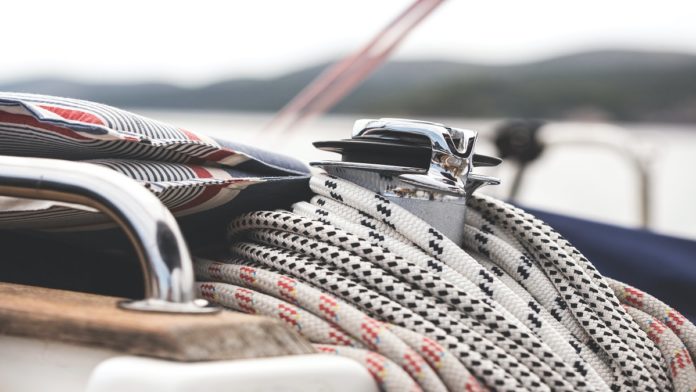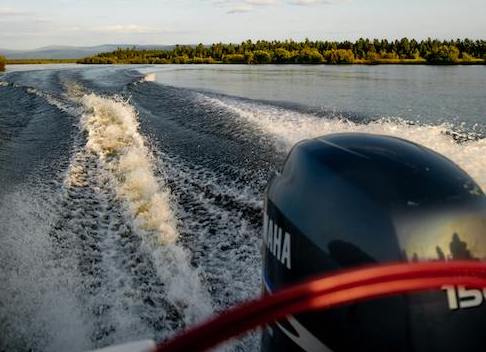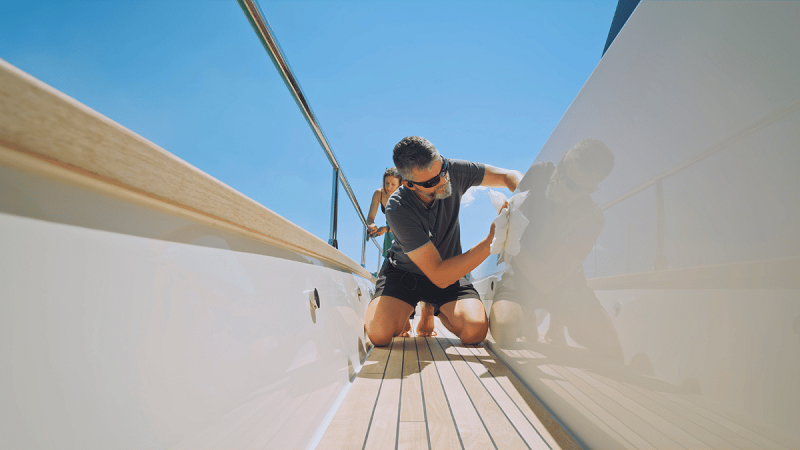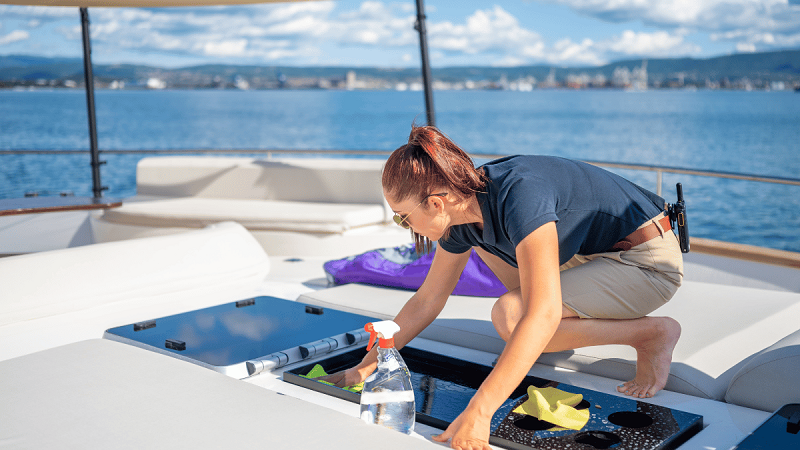
Winterizing a boat is a crucial step in ensuring its longevity and smooth operation. It involves preparing the boat for the harsh winter months when it’s not in use.
What are the main steps to winterize your boat?
Water: the main danger of winter for inactive boats
Water can destroy fuel lines and plumbing systems, causing costly damage. In addition, corrosion becomes a major problem when a yacht is not in use, affecting its longevity and performance.
Read Also : Chartering Requirements and Regulations: A Guide for Boat Owners
Preparing the Exterior of the Boat:

- Thoroughly clean the boat’s hull with a suitable product to remove dirt and algae accumulated over the summer.
- Check the paintwork and touch it up if needed.
- Remove all external equipment, accessories, and fittings such as masts, sails, rigging, etc., and store them in a dry place.
- Inspect the condition of the ropes and replace any worn or damaged ones.
- Deflate tug tires to prevent winter deformation.
- Check the propeller condition and clean if necessary.
- Seal all boat openings with suitable plugs to prevent water seepage.
Preparing the Interior of the Boat:

- Clean the interior, especially the cabin, toilets, and galley.
- Remove all electrical and electronic equipment such as batteries, GPS units, depth finders, etc., and store them in a dry, frost-free place.
- Empty and clean the water tank to prevent freezing in winter.
- Protect wooden surfaces with a coat of varnish or wax to prevent damage.
- Check bilge pumps and replace if necessary.
- Install a ventilation system to prevent moisture build-up.
Engine Maintenance:

- Drain the fuel tank or add fuel stabilizer to prevent fuel deterioration over winter.
- Empty and clean the engine air filter.
- Check spark plugs and replace if necessary.
- Grease all moving parts to prevent corrosion.
Storage:
- Choose a dry, covered place like a shed or warehouse for winter storage.
- Elevate the boat using trestles or wooden blocks to prevent hull damage.
- Cover the boat with a suitable tarpaulin for protection.
Final Checks Before Wintering:
- Ensure all doors, windows, and hatches are properly closed and watertight.
- Tilt the boat slightly to remove any standing water.
- Set up a monitoring system to alert you of storm or fire damage.
- Consider additional insurance to cover winter damage.
Should you winterize a yacht yourself?
Winterizing a yacht yourself is possible, but it requires a thorough understanding of the necessary steps and attention to detail to avoid costly damages. If you lack experience or confidence in performing these tasks, it might be best to hire a professional to ensure your yacht is properly prepared for the winter season.
Services to winterize your yacht



Ensure your yacht is fully protected and ready for the winter with a comprehensive winterization services.
- Engine and Fuel System Preparation: Including oil changes, fuel stabilization, and thorough inspections to prevent corrosion and damage.
- Plumbing System Winterization: Draining and antifreeze application to protect pipes and water systems from freezing temperatures.
- Hull and Exterior Care: Cleaning, antifouling, and protective coverings to shield your yacht from harsh winter elements.
- Interior Maintenance: Cleaning, moisture control, and safe storage of electronics and valuables to keep your yacht in pristine condition.
- Regular Check-ups: Periodic inspections throughout the winter to ensure your yacht remains in top shape and ready for spring.
Trust the experienced of a professional team to handle every detail, so you can enjoy peace of mind knowing your yacht is in expert hands.
Read Also : Should your Yacht Be in a Trust? Pros and Cons
Conclusion
By following this checklist, you will be able to efficiently and thoroughly prepare your boat for winter. It is important to take the time to properly prepare your boat to avoid any potential problems, so you can enjoy the pleasures of the water as soon as spring returns. Do not forget to regularly check the condition of your boat over the winter and take the necessary measures in the event of damage or anomalies. Happy wintering!





